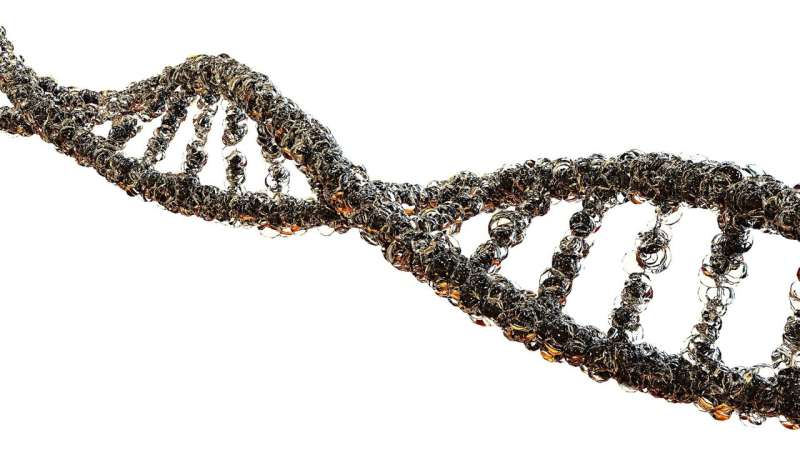What is a stool DNA test?

Many people with colon cancer experience no symptoms in the early stages of the disease. With time, though, the cancer cells can grow to invade and destroy normal tissue nearby. And cancerous cells can travel to other parts of the body to form deposits there, called metastasis.
More than 106,000 new cases of colon cancer will be diagnosed in the U.S. in 2022, according to the American Cancer Society.
A stool DNA test uses a stool sample to look for signs of colon cancer. It's one option for colon cancer screening. The test checks for changes in the cells' genetic material, called the DNA. Certain DNA changes are a sign that cancer is present or that it might happen in the future. The stool DNA test also looks for hidden blood in the stool.
Stool DNA test results may include:
- Negative result: A test is considered negative if DNA changes and signs of blood are not found in the stool. Your health care professional may recommend you repeat the test in three years.
- Positive result: A test is considered positive if DNA changes or signs of blood are found in the stool sample. Your health care professional may recommend additional testing to look for cancer or polyps in the colon. Usually this is with a colonoscopy.
People with an average risk of colon cancer should consider colon cancer screening around age 45, according to the U.S. Preventive Services Task Force. But people with an increased risk, such as those with a family history of colon cancer, should consider screening sooner. How long you should continue regular colon cancer screening will depend on your age and whether your screenings have been negative throughout.



















